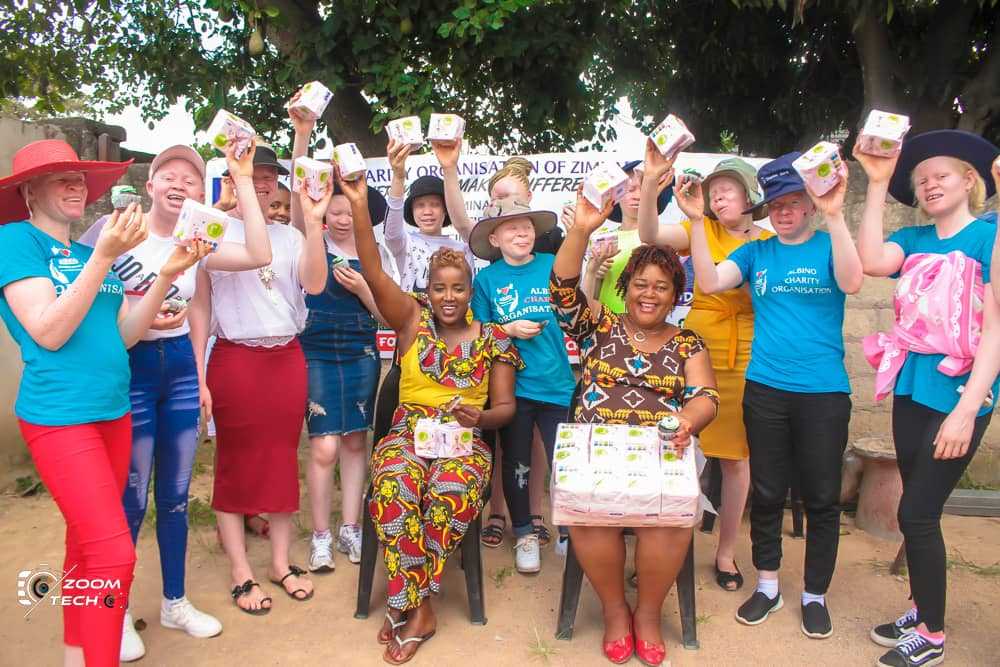
Zimbabwe today joined the rest of the world in celebrating International Albinism Awareness Day.
June 13 has been set aside by the United Nations in an effort to stop the brutalities against people with albinism.
The theme of this year’s celebration is Inclusion is strength, and focuses on the importance of inclusion of not only people of all races and ethnicities affected by albinism, but also young people, women, children and elderly persons.
It stresses on the need to seek cooperation of various groups, including human rights groups that are not directly involved with the albinism movement.
Related Stories
The director of Albino Charity Organisation of Zimbabwe, Loveness Mainato, told Zim Now that her organisation currently has 400-plus individuals benefitting from programmes which include skin care treatment, provision of skin lotions and hats.
Albinism is a rare genetic condition that results in a lack of pigmentation (melanin) that normally gives colour to hair, skin and eyes.
People with albinism commonly experience sensitivity to bright light, which can lead to blindness and skin cancer. Additionally, in some countries, people with albinism suffer discrimination, violence and even death.
Albinism is caused by mutations in specific genes that are responsible for melanin production. This gene is recessive, meaning that both parents must carry the gene for it to be passed on. Albinism is not a disease, but is a genetic condition that people are born with.
There are several different types of albinism and the degree of pigmentation varies depending on the specific type one has.



















Leave Comments